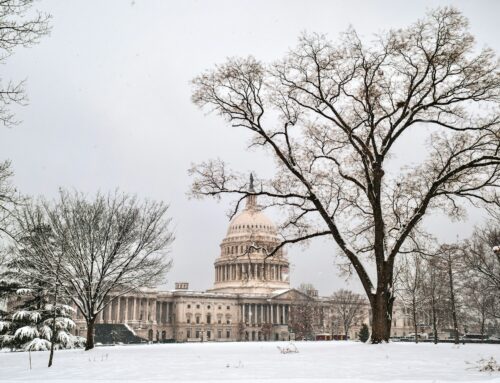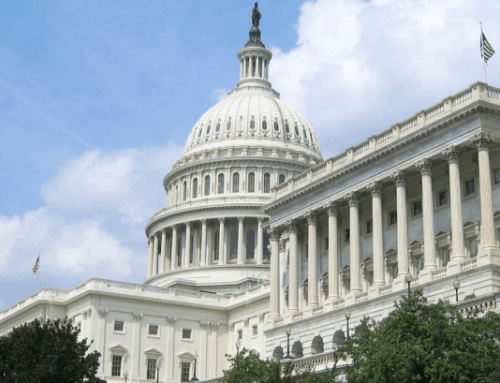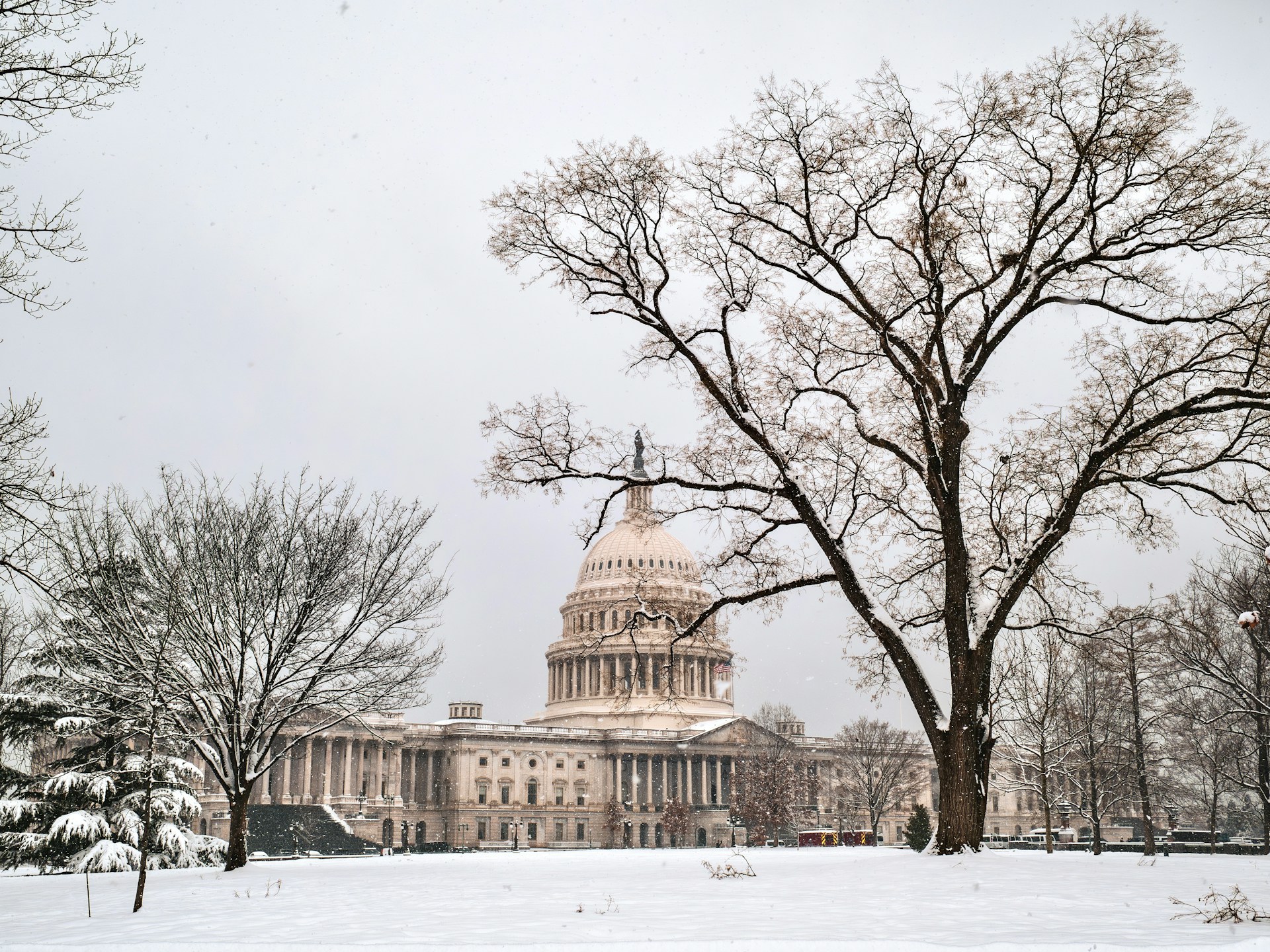For weeks, Congress has been putting off the real work it needs to get done. Now, they are making their plans for a month-long August break and, like disorganized college students, trying to cram the legislating they have missed into just one week. But no matter how much gets done this week, when they get back after Labor Day, Congress will have a very long grocery list of bills to attack.
For one, the fiscal year ends September 30, and Congress has yet to send a single bill to the President’s desk to fund the government in fiscal year 2008. To execute their primary constitutional responsibility of writing the checks for the federal government, Congress needs to pass twelve appropriations or spending bills annually. Scratch that, they are supposed to pass twelve spending bills. To date, lawmakers have sent a grand total of zero of those bills to the President. That’s right zip, zilch, nada – no bills – and that’s no bull. The House has already passed ten. By the time they leave, they may have passed all twelve. But the Senate has passed a grand total of … one. That means the Senate has to get off the dime when they return and pass eleven bills, work out their differences with the House and get the final versions to the President to avoid the ultimate pork sausage legislation – an omnibus bill where several unrelated bills are crammed into one enormous porkpie of a bill that is hardly read by lawmakers before the vote, which becomes an enormous earmark magnet.
The second bit of legislation we’ll be watching for when Congress returns is reauthorization of the five-year farm bill, since the current bill turns into a pumpkin on October 1st. Just last week the House passed its version of reauthorization, but missed the opportunity to make it less expensive, more fair, and more trade, market, and family farmer friendly. The Senate Agriculture Chair, Tom Harkin (D-IA) plans to move the Senate version in September at the earliest. But with the appropriations logjam, we face the possibility of an extension of the awful 2002 farm bill. Considering the wasteful monstrosity the House just passed, that may not be as bad an option as it once seemed.
Finally, real earmark transparency rules have yet to be implemented in the Senate, which is, as we go to press, considering its ethics and earmark transparency bill. We might have been happy with this bill if we hadn’t seen what the Senate passed in its post-election euphoria last January. It is hard to imagine why, in the six months that have elapsed, Senate leadership came to the conclusion that less transparency and accountability in earmarking was the path to take. The bill: waters down requirements to post earmark information within 48 hours to when “practicable” and “technically feasible”; caveats provisions against lawmaker self-dealing so as to be irrelevant; and replaces the impartial parliamentarian as the referee ruling whether earmark requirements are met, replacing him with the very partial Majority Leader, just to name a few. The procedural games Congress played on this bill left the impression it’s either all or nothing – that all of the other ethics reforms would be lost if earmark transparency provisions were strengthened. Not true. Nothing prevents the Senate from passing a rule for stronger earmark transparency, even if the current reform package passes.
There is still time when Congress returns to get plenty of good work done, but for the sake of taxpayers, it is imperative that Congress avoid an earmark-laden omnibus, pass a reform-minded farm bill, and retain important transparency and public access provisions when it passes its ethics legislation, likely later this week. To do less will be the proof in the pudding that this Congress has a lot to learn about what the nation’s taxpayers demand.
For more information, please call 546-8500, or email us using this link.










